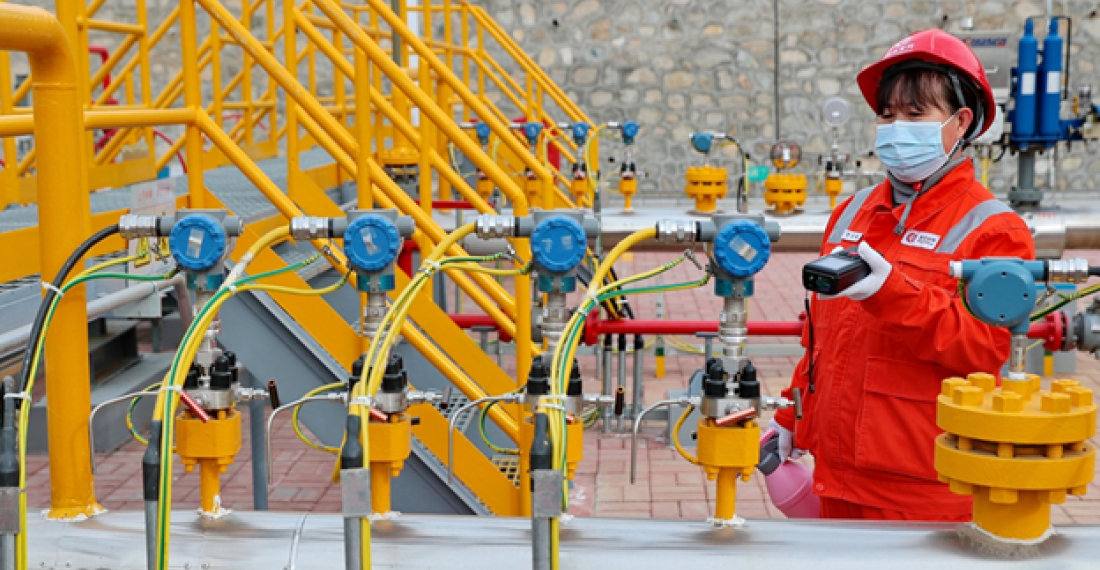Major state oil refiners in China have halted new oil contracts with Russian companies in a move designed to limit retribution from the United States and European nations who have implemented harsh sanctions against Moscow. Nevertheless, the Chinese refiners will honour existing contracts. The decision comes as differences arise between Beijing's political line towards Moscow, and the economic relationship between the two Eurasian countries.
CNOOC, PetroChina, Sinochem, and Sinopec, Asia’s largest oil refiner, have all stopped entering into new Russian oil contracts for the month of May. Oil contracts for the month of April will continue uninterrupted. The United States and the European Union have placed sanctions on Russia’s top oil and gas exporters such as Rosneft and Gazprom Neft. The Chinese companies are worried about dealing with these sanctioned firms. An unnamed source said that the companies “are cautious as their actions could be seen as representing the Chinese government and none of them wants to be singled out as a buyer of Russian oil.” Another reason for the Chinese oil refiners’ decision could be the instability surrounding the Russian currency, as well as payments to Russia. The ruble dropped to a historic low of 140 against the US dollar in early March. It has now rebounded to 80 against the dollar.
On a political level, China and Russia have professed close ties. China has called for an end to what they see as illegal western sanctions and has maintained its stance of a “no limits” relationship with Russia. Moscow’s Foreign Minister, Sergey Lavrov, attended a conference in China at the end of March where he met with Beijing’s Foreign Minister, Wang Yi, for bilateral talks. On the other hand, Chinese state companies are slowly distancing themselves from Russian firms. While the Chinese oil refiners' decision to stop oil contracts for May is one example, it is not the only decision that is separating companies from the two countries. One of the oil refiners, Sinopec, paused plans for a new petrochemical plant in China, and the Asian Infrastructure Investment Bank (AIIB) based in China pulled funding for projects in Russia and Belarus.
Russia has not yet placed pressure on China to provide economic and financial support which allows the Chinese government to steer clear of western sanctions while still presenting a united anti-Western political bloc. However, as sanctions begin to bite and the EU warns of a long, protracted war in the Donbas, Beijing’s “no limits” relationship with Moscow may finally be put to the test.






